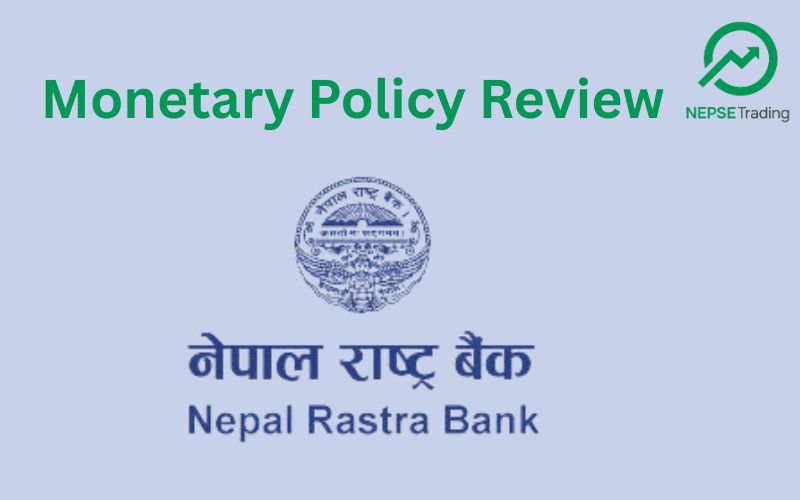By Dipesh Ghimire
After 15 Years and 9 Studies, Nepal Still Debates: Is a New Stock Exchange Necessary ?

Over the past 15 years, Nepal has conducted nine official studies regarding the improvement of its capital market. Out of these, three studies recommended establishing a new stock exchange, while four suggested restructuring the existing Nepal Stock Exchange (NEPSE). The remaining two studies were focused on Non-Resident Nepalis (NRNs) and did not make any recommendation regarding the exchange.
Various institutions—including the Ministry of Finance, Securities Board of Nepal (SEBON), and the Federal Parliament—have commissioned these studies. While some have pushed for the launch of a new exchange to increase competitiveness and modernization, others believe NEPSE should be restructured to solve its inefficiencies.
A notable recent report, led by NRB board member Chintamani Sibakoti, highlighted the need for a new exchange. This report, submitted to the Ministry of Finance a year ago but only made public recently, emphasizes that a second exchange could foster growth in the securities market by increasing access, introducing new financial instruments, and enhancing competitiveness.
Contrarily, the report from the Rameshwor Khanal-led High-Level Economic Reform Commission recommended strengthening NEPSE instead of starting a new exchange. It proposed capital expansion, inviting private sector investment, and improving governance within NEPSE.
The government’s latest policy and program for fiscal year 2081/82 also prioritizes restructuring NEPSE. Budget statement No. 322 clearly mentions enhancing NEPSE’s institutional capacity but does not refer to establishing a new exchange, indicating a cautious approach.
The 2009 study (2066 BS), led by Finance Ministry officials, first recommended licensing a second exchange, citing international practices. It argued that competition would benefit the market and improve investor options.
The 2017 SEBON report (2074 BS) went further, recommending a fully automated second stock exchange with at least NPR 2 billion in paid-up capital. It envisioned a modern platform that could handle clearing, trading, and supervision.
Meanwhile, a 2018 report (2075 BS) led by NRB’s Deputy Governor Shivraj Shrestha supported NEPSE restructuring, pointing out delays in clearing, poor online systems, and lack of investor confidence as primary obstacles. The report suggested divesting government shares and inviting private investment.
Another study in 2019 (2076 BS) evaluated NEPSE and CDSC's governance in light of global best practices. It recommended bringing structural changes, like revising NEPSE’s board structure and IT system, but did not call for a new exchange.
In 2020 (2077 BS), the Economic Committee of the Federal Parliament suggested bringing in a foreign strategic partner to improve NEPSE’s efficiency and credibility. The study advised against setting up a new exchange, arguing that reforms within NEPSE would be more impactful.
The 2021 study (2078 BS), led by Dr. Navaraj Adhikari, emphasized the urgent need for a new exchange. It reviewed NEPSE’s technical and financial condition, highlighting its limitations and suggesting regulatory, legal, and infrastructure reforms to support a new platform.
In 2023 (2080 BS), NEPSE itself conducted an internal study. Interestingly, it acknowledged the potential benefits of having multiple exchanges—like improved efficiency and lower costs—but ultimately recommended sticking with a single well-capitalized and restructured NEPSE.
The two NRN-focused studies in 2077/78 and 2080 examined how to enable foreign Nepalis to invest in Nepal’s securities market. These reports proposed policy changes such as allowing NRNs to open bank accounts in local currency, introducing repatriation rules, and removing investment restrictions.
Despite years of debate and multiple recommendations, Nepal remains undecided. One side argues that a new exchange would bring innovation and growth; the other insists that NEPSE should be reformed before fragmenting the market.
In summary, the future of Nepal’s capital market depends on decisive action. Whether Nepal opts for a new exchange or restructures NEPSE, the goal must be to modernize the system, boost investor confidence, and expand capital access.









